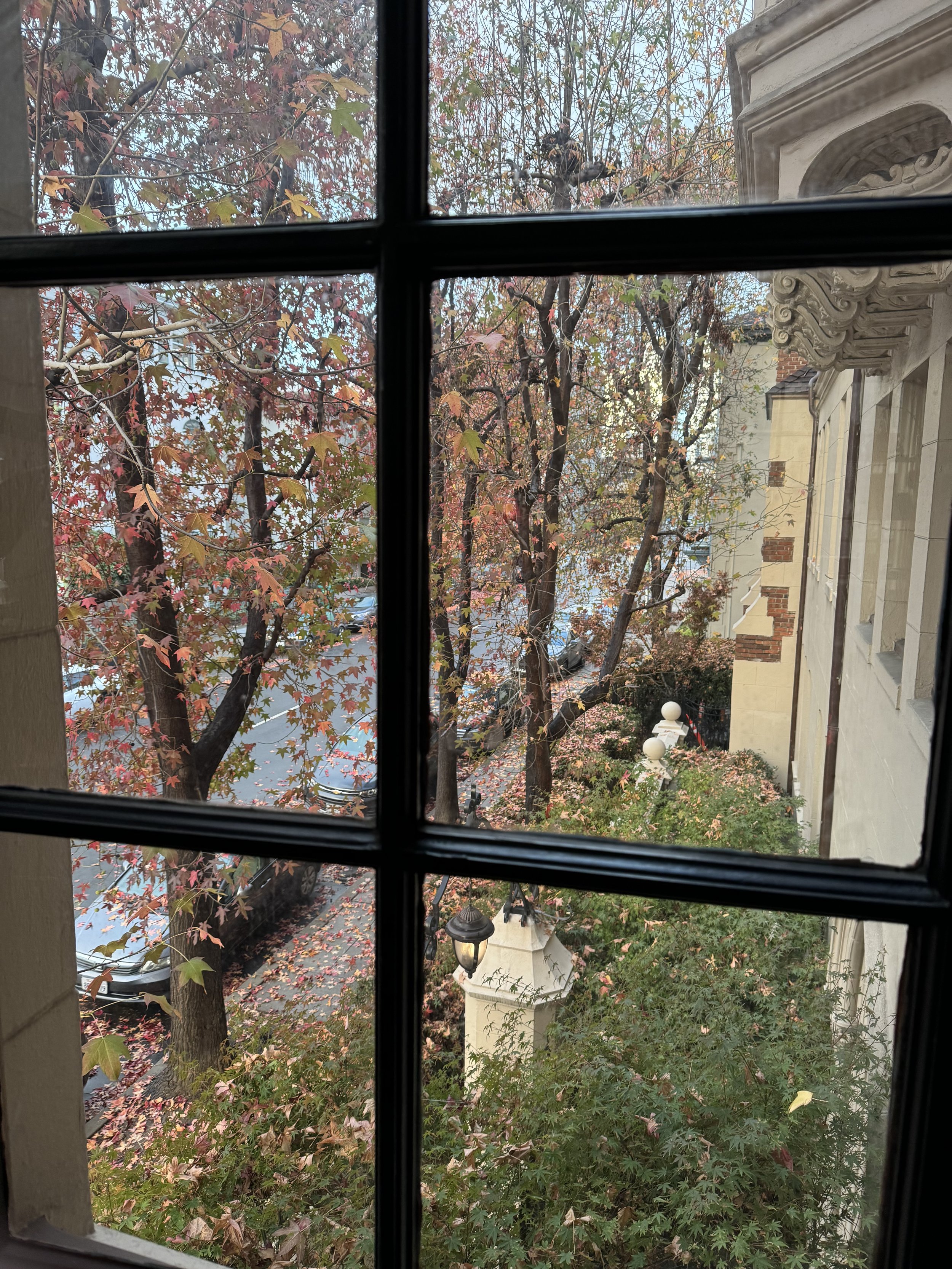
As a peer support group facilitator for NAMI SF since 2023, I’ve been able to practice and confirm my interest in the counseling psychology field. My roles and skills have included running check-in and check-outs, co-leading and managing group, crisis management, and sharing and providing feedback. My volunteer experience with NAMI allows me to use my strength in empathizing with others and helping them realize their potential.
My journey (back) to NAMI SF
I first attended therapy in 2015 through my university’s mental health resources and I haven’t stopped since. I credit therapy for giving me the sense of self and growth I never got to develop as a parentified child.
I value mental health and social justice above what my parents taught me success was. After all, I have already achieved success. But having a career that my industry and the world wants to replace with AI anyway, is depressing.
A lot of strange, magical, and terrifying things happened to me like a Rube Goldberg contraption or a set of dominoes tumbling down since October 28. And then they just kept happening. A doctor finally explained to me after two relapses of severe mania that my unipolar depression had morphed into bipolar disorder, which is common in young women in their mid-late 20s.
Accepting my diagnosis has been difficult because bipolar psychosis means not being in control of your actions, feelings, or behaviors. It’s like living in a flip book or a stop motion film, with rapid memory loss and stress overload preventing you from eating and sleeping and being rooted to the Earth. It’s horrifying and confusing and nonsensical and scary. It was painful to accept that my body has been pushed beyond its limits, and my mental health is a fragile thing that I’ve been managing my entire life and as high functioning as possible, until I couldn’t keep it up anymore.
When I was admitted into a hospital after suffering a relapse in my newly minted bipolar disorder, the irony I felt while studying the posted resources on the walls of the second time and seeing NAMI listed as a resource felt a bit awesome in the moment. Experiencing psychiatric crisis environments first-hand taught me how to survive each day locked in there. I found solace in my ability to connect with any of my fellow patients regardless of their background or diagnoses. I find inspiration in my relational skills and in my ability to make friends in a stressful environment, as it hopefully translates into connecting with patients as a therapist.
Through confirming my interest with NAMI SF, I want to become a trauma-informed psychotherapist to help right the wrongs I’ve seen in psychiatric hospitals and in bad therapy sessions. I desire to make a lasting positive influence on others like me who come from backgrounds of prolonged trauma and toxic family systems, childhood abuse, and cultural stigma. I especially want to become a therapist for my own queer POC community knowing how unsafe I’ve felt as a non-binary lesbian in many spaces, even the proclaimed “safe” ones.’ I have more confidence in my abilities as a facilitator to handle members in crisis after experiencing mishandling of my own care by my providers.
The hospitalization taught me how sociable I am, how ambiverted I am, how as my best friend Elli puts it, “it’s easy for others to feel safe around me.” Which is driven by my own fear of feeling unsafe in stressful environments and situations, which is often situations that shouldn’t feel scary, but none of the women in my family physically can distinguish it in their own bodies, and I’m letting go of the expectation that I need to beat myself up for that biological disability.
